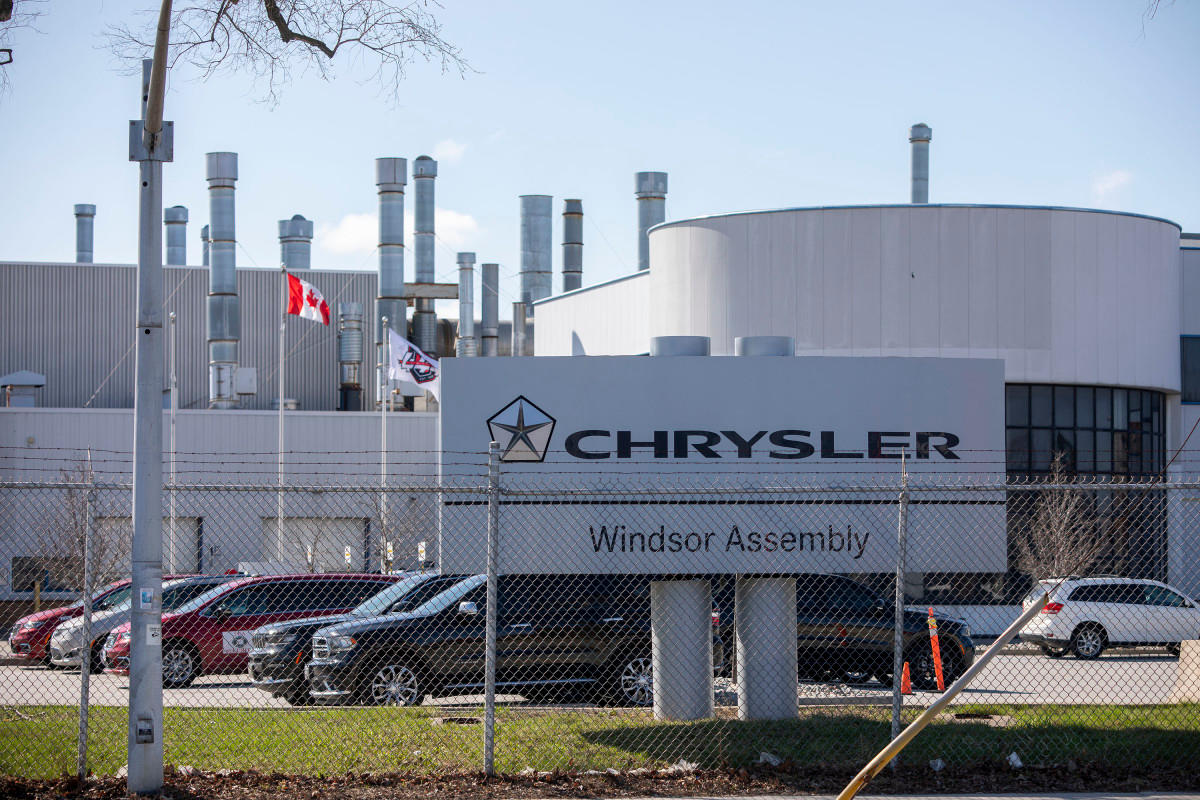
Investing.com -- The United States and European Union have reached a landmark trade agreement that includes a 15% tariff on EU goods entering the U.S., President Donald Trump announced Sunday while in Scotland.
The broad-strokes deal encompasses significant EU purchases of U.S. energy and military gear, along with substantial investments in the American economy.
According to Trump, the European Union has committed to purchasing $750 billion worth of energy from the United States. He also stated that the EU has agreed to make $600 billion in investments in the U.S.
"They are agreeing to open up their countries to trade at zero tariff," Trump told reporters. He added that the EU would "purchase a vast amount of military equipment" from the U.S.
European Commission President Ursula von der Leyen confirmed the agreement would include 15% tariffs across the board, noting that this measure would help "rebalance" trade between the two major trading partners. Of the $3.3 trillion in goods imported by the U.S. last year, more than $600 billion came from the 27-member EU.
The pact could help bring some calm to markets, who had been wary that both sides would fail to reach an deal before August 1, when Trump’s sweeping "reciprocal" tariffs are due to come into effect. The EU had been facing heightened levies of 30%, and had reportedly been pushing for a zero-for-zero agreement with the White House.
In a note, Pepperstone Senior Research Strategists Michael Brown said the agreement "not only removes a key left tail risk that the market had been concerned about, but also yet again reiterates that the direction of travel remains away from punchy rhetoric, and towards trade deals done." Brown added that euro is likely to see "notable upside."
European automakers are also seen as a big winner of the deal, Brown argued, pointing out that the 15% tariff applies to car imports into the U.S., which is "a similar carve out to that achieved by Japan" earlier this month.
"Other obvious winners include U.S. defense names, given the EU’s purchase commitments on that front, as well as U.S. energy stocks," Brown said.
Meanwhile, von der Leyen clarified that the 15% tariff will apply to pharmaceuticals, but flagged that more could be coming from the United States on the matter. Trump has been threatening to slap steep duties of as much as 200% on drugs incoming from the EU, presenting heavy and possibly damaging headwinds to the region’s key pharmaceutical industry.
Story ContinuesThe deal comes ahead of what analysts at ING have described as a "massive" week for the U.S. economy. Along with a possible flurry of trade deals before August 1, the coming days will see a raft of corporate earnings, including results from mega-cap tech titans like Facebook-owner Meta Platforms (NASDAQ:META), Microsoft (NASDAQ:MSFT), Apple (NASDAQ:AAPL), and Amazon (NASDAQ:AMZN).
A reading of inflation closely monitored by the Federal Reserve is also scheduled to be released, while the Fed itself will unveil its latest interest rate decision on Wednesday. Fed officials are widely anticipated to leave borrowing costs unchanged, even as Trump has placed intensifying pressure on the central bank -- and Chair Jerome Powell in particular -- to quickly lower rates. Policymakers have recently signaled a "wait-and-see" approach to further rate decisions, partly citing uncertainty around the trajectory of Trump’s tariffs and their impact on the wider economy.
(Scott Kanowsky contributed reporting.)
Related articles
Trump announces trade deal with EU following months of negotiations
Risks Rising? Smart Money Dodged 46%+ Drawdowns on These High-Flying Names
Surge of 50% since our AI selection, this chip giant still has great potential














